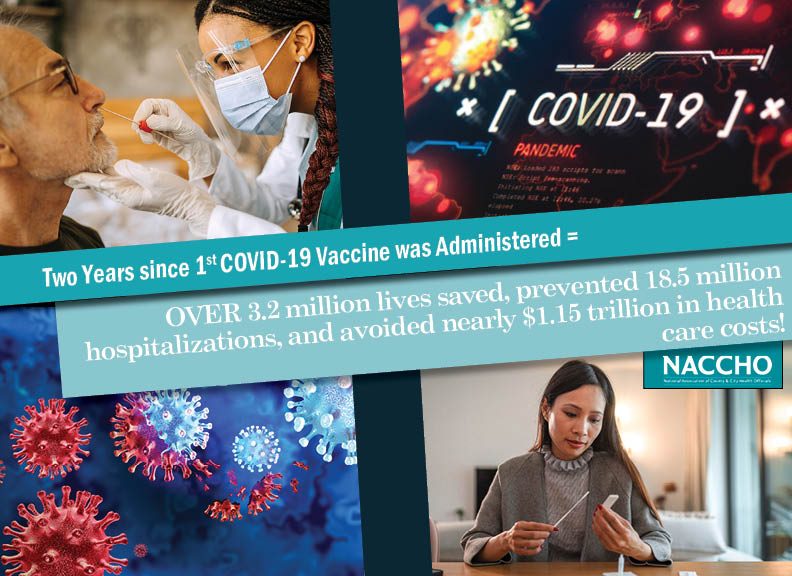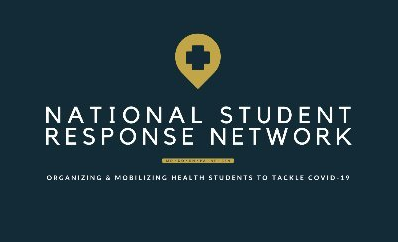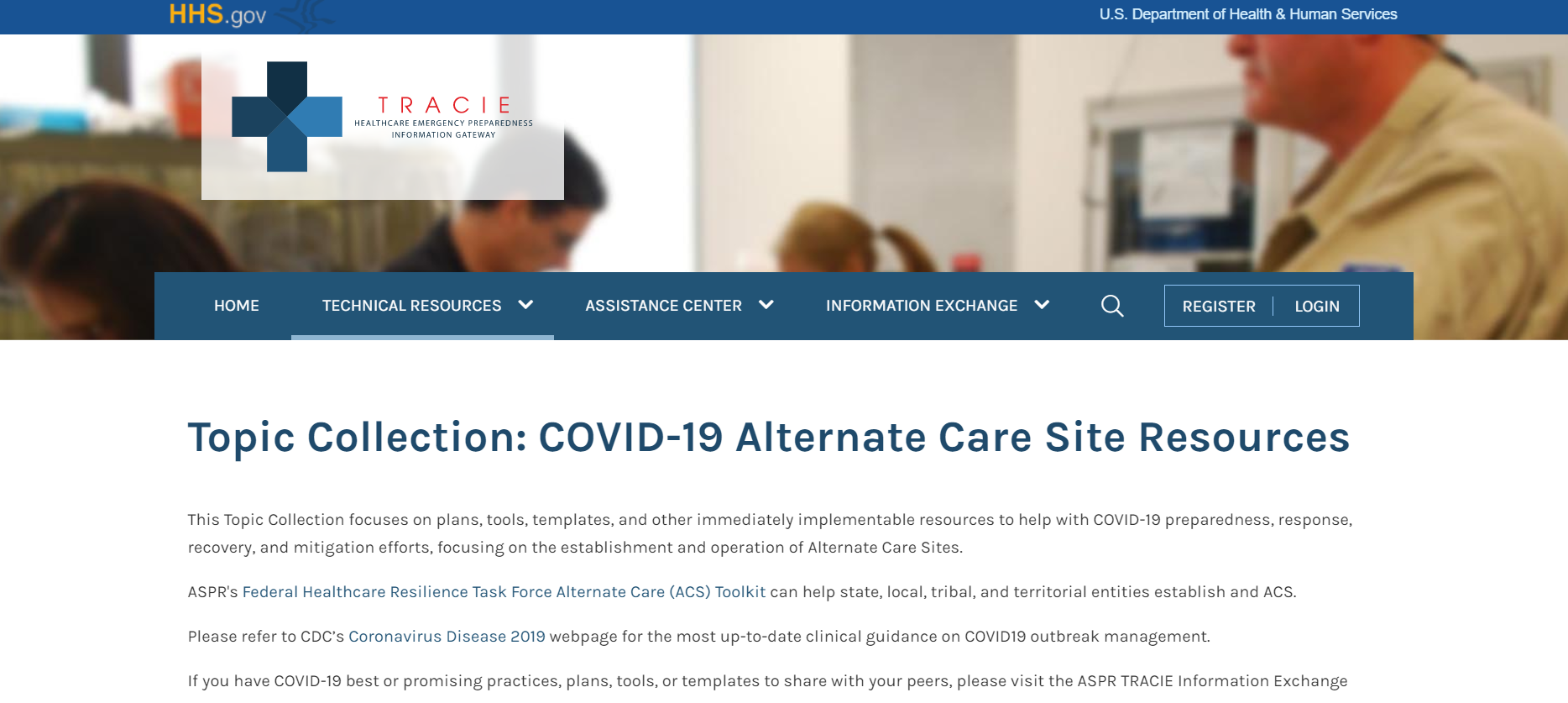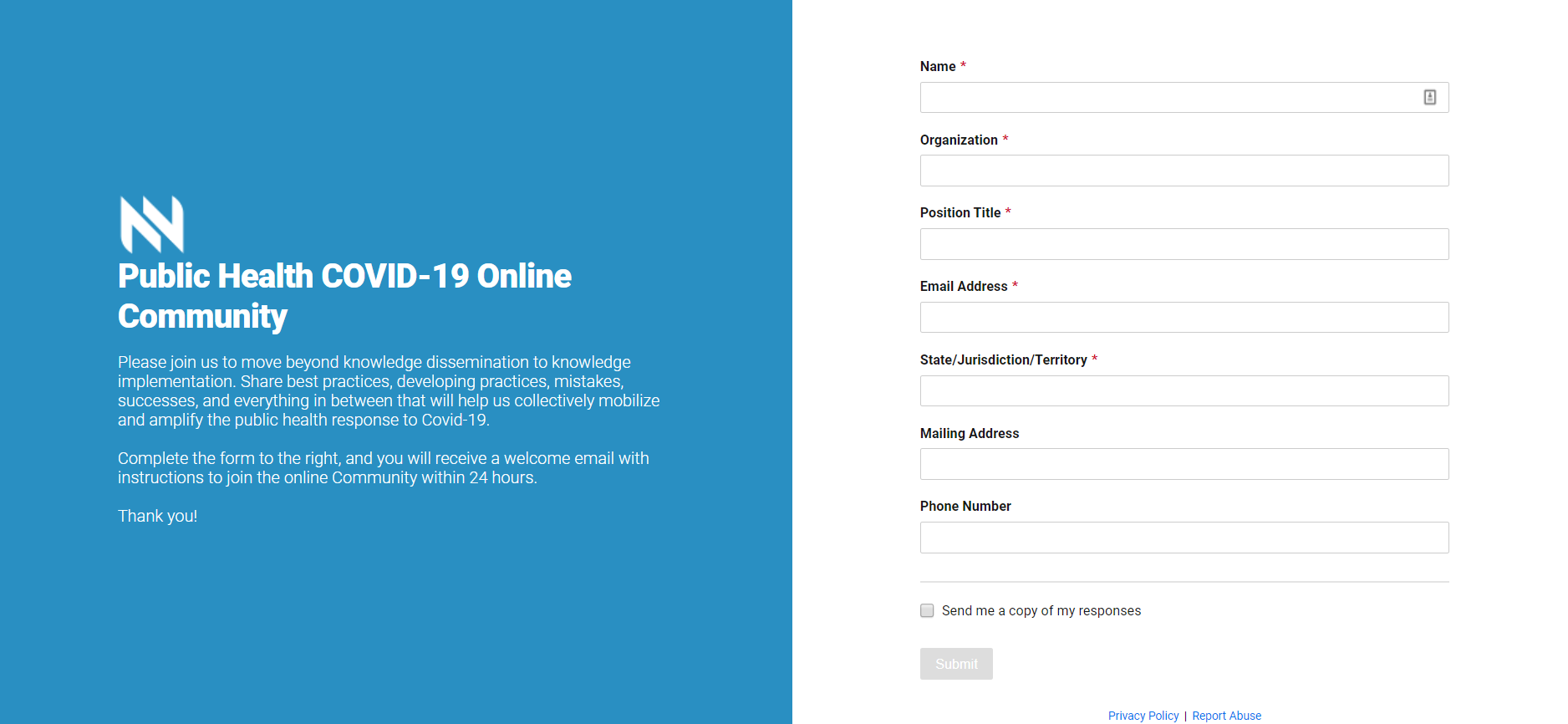Popular Categories
NACCHO Releases New Health and Disability Resources
NACCHO’s Health and Disability program recently released five new resources for local health departments designed to promote the...
Jun 24, 2015 | Katie Regan
Using Meals on Wheels in MCM Dispensing Planning
Organizations such as Meals on Wheels, PeaPod, Express Scripts, and home healthcare agencies provide food, medical supplies, and other...
Feb 20, 2015 | Raymond Puerini
D.C. Discrimination Complaint Offers Lessons in Inclusion for Emergency Planners
by Dawn Brantley, Regional Inclusive Emergency Planner, Hampton Roads Planning District Commission In September, Disability Rights...
Nov 17, 2014 | Guest Author
Medical Countermeasure Toolkit Undergoing Revisions: Seeking Past Authors and New...
The NACCHO Medical Countermeasure (MCM) Toolkit, formerly known as the Stockbox, is currently undergoing review by the NACCHO MCM...
Nov 14, 2014 | Guest Author
Health Equity Considerations for Local Health Departments’ Ebola Preparedness...
As local health departments across the United States prepare for more domestic cases of Ebola, health equity considerations have...
Nov 12, 2014 | Admin
Consideration of the Intersection of Local Public Health Emergency Preparedness...
Nov 06, 2014 | Guest Author
Accessible Video Resource for POD Settings: Q and A with the Northeast Texas Health...
The Northeast Texas Public Health District (NTPHD) has experienced its share of disasters. After Hurricane Katrina, NTPHD preparedness...
Sep 26, 2014 | Guest Author
Improving Preparedness for Community-Dwelling Older Adult Populations
For some community-dwelling older adults, attempting to prepare for an emergency or disaster can come with barriers. For example,...
Sep 16, 2014 | Nicole Dunifon
RAND Study Funded to Examine How Local Health Departments Can Leverage Age-Friendly...
Critical gaps remain in addressing the needs of the rapidly growing US population of older adults (age 60+); however, Age Friendly...
Sep 15, 2014 | Laura Biesiadecki
NACCHO Releases New Health and Disability ResourcesNACCHO’s Health and Disability program recently released five new resources for local health departments designed to promote the inclusion of people with disabilities in all public health programs, products, and services. New fact sheets include: “What Local Health Departments Should Know About the Population of People with Disabilities,” which provides health departments with a... Jun 24, 2015 | Katie Regan |
Using Meals on Wheels in MCM Dispensing PlanningOrganizations such as Meals on Wheels, PeaPod, Express Scripts, and home healthcare agencies provide food, medical supplies, and other essential services to elderly populations and those unable to leave their homes on daily basis. As part of their medical countermeasure (MCM) planning efforts, some local health departments have leveraged these home service provider agencies to […] Feb 20, 2015 | Raymond Puerini |
D.C. Discrimination Complaint Offers Lessons in Inclusion for Emergency Plannersby Dawn Brantley, Regional Inclusive Emergency Planner, Hampton Roads Planning District Commission In September, Disability Rights Advocates (DRA) filed a complaint against the District of Columbia and its mayor for “multiple, serious failures by Washington, D.C. and Mayor Vincent Gray to address the needs of persons with disabilities in planning for emergencies[1].” This complaint follows... Nov 17, 2014 | Guest Author |
Medical Countermeasure Toolkit Undergoing Revisions: Seeking Past Authors and New SubmissionsThe NACCHO Medical Countermeasure (MCM) Toolkit, formerly known as the Stockbox, is currently undergoing review by the NACCHO MCM Workgroup. Tools which have been submitted as best practice examples are being reviewed for continued relevancy, determination if they still contain novel approaches to MCM operational-based planning and exercises, and overall whether they align with current […] Nov 14, 2014 | Guest Author |
Health Equity Considerations for Local Health Departments’ Ebola Preparedness Planning: An Interview with Dr. Aletha MaybankAs local health departments across the United States prepare for more domestic cases of Ebola, health equity considerations have arisen, especially in relation to immigrants from West Africa. With nearly 574,000 West African immigrants living in the United States currently,[1] many individuals have faced instances of discrimination and, like many immigrant communities, may be less […] Nov 12, 2014 | Admin |
Consideration of the Intersection of Local Public Health Emergency Preparedness Planning and the Affordable Care ActNov 06, 2014 | Guest Author |
Accessible Video Resource for POD Settings: Q and A with the Northeast Texas Health DistrictThe Northeast Texas Public Health District (NTPHD) has experienced its share of disasters. After Hurricane Katrina, NTPHD preparedness staff noticed that educational resources were not available to members of the deaf community. In response, they created a series of informational preparedness videos to be used in Point of Dispensing (POD) settings. The information in the videos […] Sep 26, 2014 | Guest Author |
Improving Preparedness for Community-Dwelling Older Adult PopulationsFor some community-dwelling older adults, attempting to prepare for an emergency or disaster can come with barriers. For example, characteristics of older adults such as impaired mobility, weakened sensory awareness, multiple chronic diseases, and social and economic limitations can put them at greater risk of illness or death during an emergency. The events from Hurricane […] Sep 16, 2014 | Nicole Dunifon |
RAND Study Funded to Examine How Local Health Departments Can Leverage Age-Friendly Cities Initiatives to Build Resilience in Senior PopulationsCritical gaps remain in addressing the needs of the rapidly growing US population of older adults (age 60+); however, Age Friendly Initiatives (AFIs), including Senior Villages (SV) represent a promising strategy for U.S. communities and cities to support older adults aging in place and potentially build community resilience. The RAND Corporation received funding from the Centers for Disease... Sep 15, 2014 | Laura Biesiadecki |
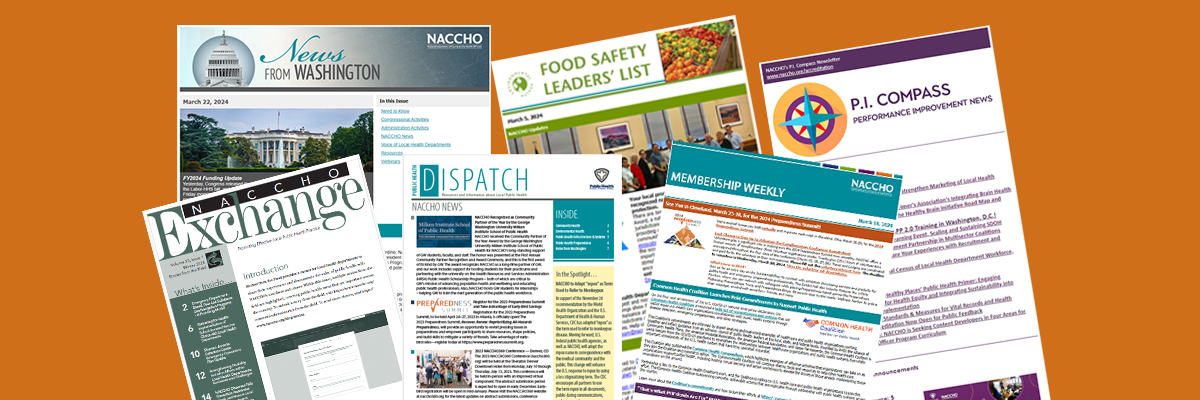
Subscribe Today
Sign Up for the E-mail Digests
Create an account or login to MyNACCHO and go to "My Subscriptions."
SUBSCRIBE NOW